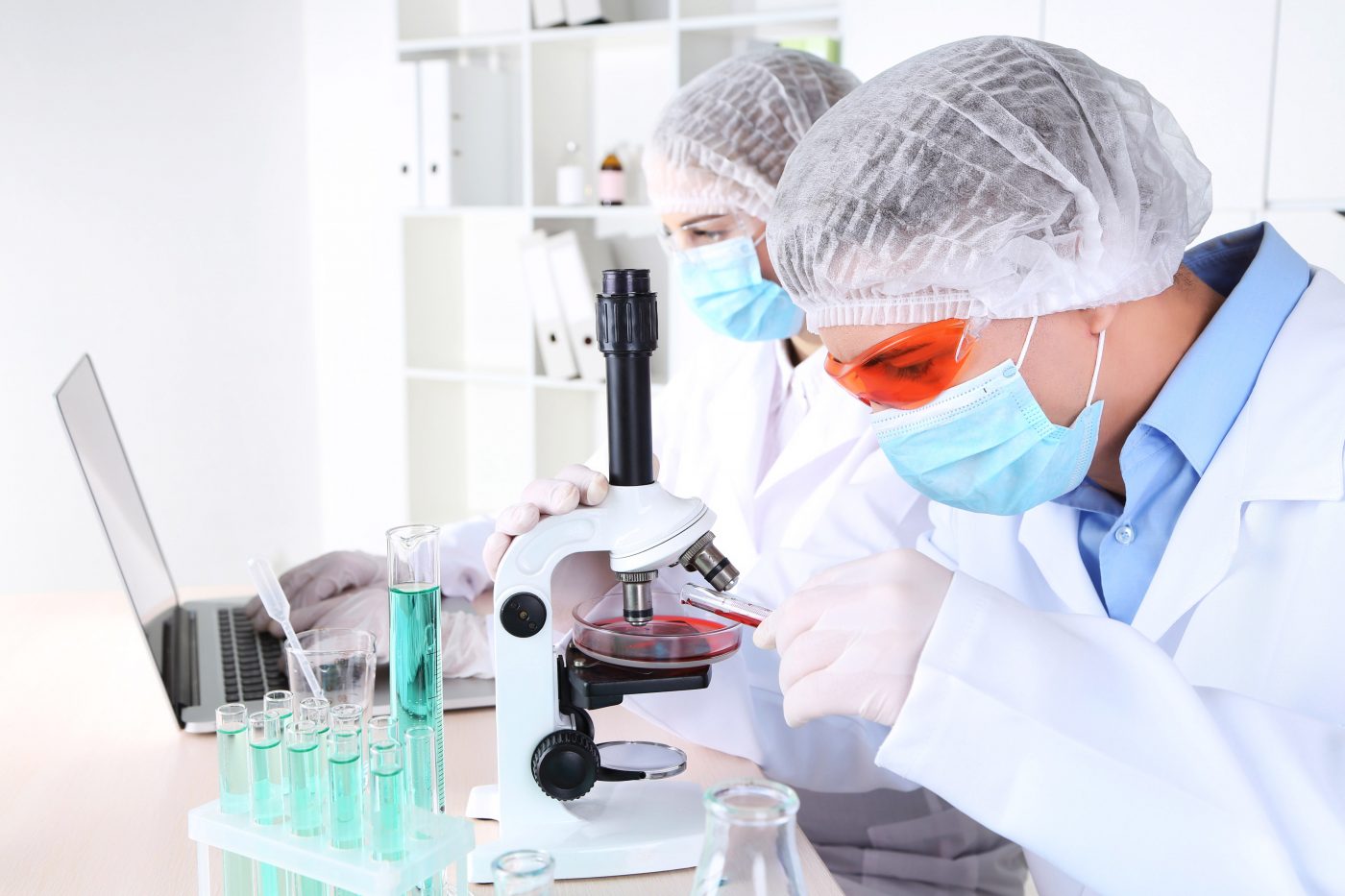Yale Researchers Re-Engineer Harmful Lupus Autoantibodies into Potential Cancer Killers

Researchers at the Yale Cancer Center and the Veterans Affairs Greater Los Angeles Healthcare System, recently presented a new method to re-engineer lupus autoantibodies and transform them into potential cancer killers during the American Association for Cancer Research Annual Meeting 2015, Philadelphia.
Systemic lupus erythematosus (SLE) is a severe autoimmune disease in which the body’s own immune system overreacts resulting in an abnormal activation of the innate and adaptive immune systems that leads to an attack to healthy joints and organs, resulting in inflammation, swelling, pain, disability and often in tissue destruction and multi-organ damage. SLE is associated with circulating harmful autoantibodies reactive against host DNA, although their precise role in SLE pathophysiology is poorly elucidated.
The research team had previously reported that specific naturally occurring lupus autoantibodies are capable of eliminating cancer by inhibiting key steps in DNA repair mechanisms and sensitizing tumors to DNA-damaging therapy. Lupus anti-DNA autoantibodies were therefore suggested to act as therapeutic agents with a potential to be exploited as cancer therapy.
The team, led by Dr. James E. Hansen, assistant professor of therapeutic radiology at Yale School of Medicine, now showed that lupus anti-DNA autoantibodies can be re-engineered in the laboratory in order to generate a new, non-toxic strategy for cancer therapy without inducing lupus symptoms. Researchers modified lupus autoantibodies in a way that they can more easily penetrate cancer cells, bind to their DNA and cause an accumulation of DNA breaks, providing these antibodies with the ability to selectively kill tumors with DNA repair anomalies. The team’s goal is to apply these findings into a clinically-relevant therapy that can be used in several types of cancer.
Researchers believe that using this new strategy, an army of killer cancer lupus autoantibodies can be created to destroy cancer cells through their inherent DNA repair defects. “We think we can grow an army of antibody assassins that exploit cancer cells’ inherent weaknesses,” concluded Dr. Hansen in a press release. “Autoantibodies are problematic in lupus, but some good will come from their existence if we can turn them against tumors and take a bite out of cancer.”






